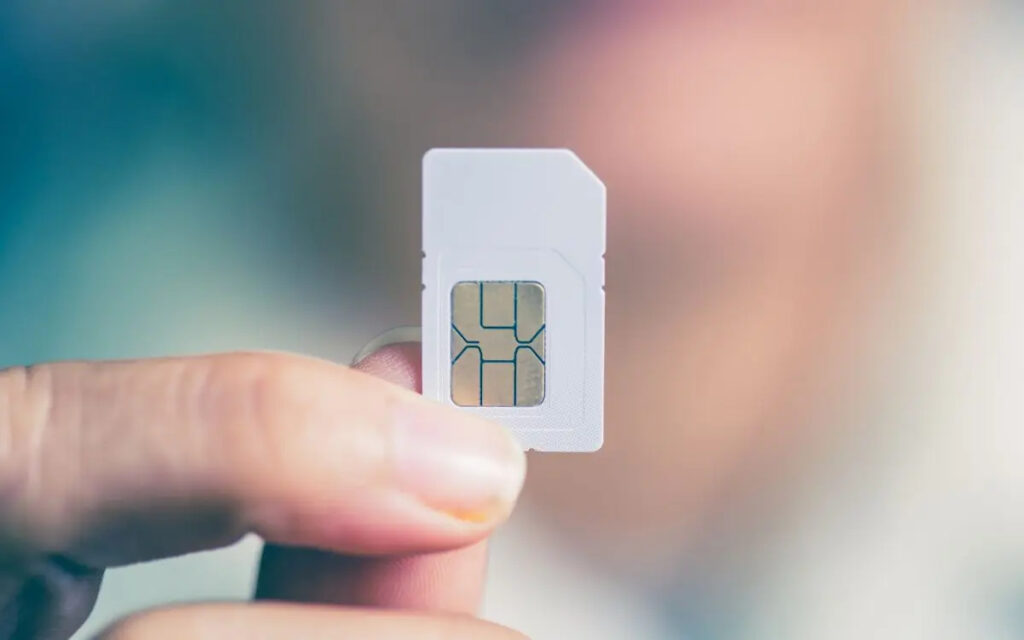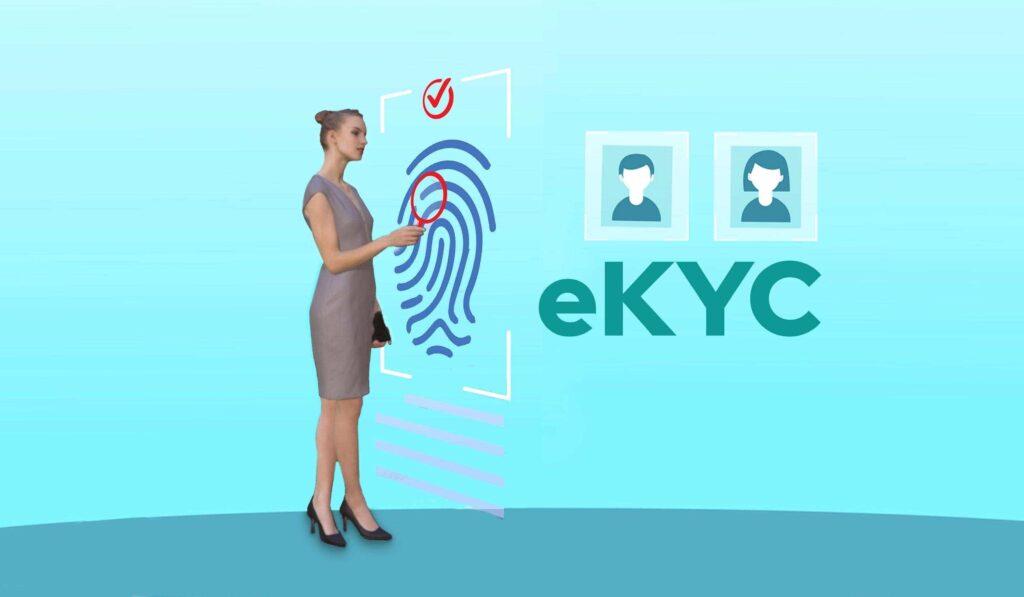
The Indian Government has revealed plans for a significant update in SIM card verification, aiming to phase out the in-person verification process. The recent notification from the Department of Telecommunications (DoT) outlines a transition toward digital verification, offering enhanced convenience to users.
According to the official statement by DoT, the traditional paper-based procedure for obtaining a new SIM card will be discontinued effective January 1, 2024. Notably, the physical verification process for SIM cards was initially introduced on August 9, 2012.
India Adopts eKYC for SIM Cards
The recent directive targets the Unified Access Services (UAS) and Unified License (UL) holders across several regions of the country. Apart from offering increased convenience, this shift aims to minimize instances of SIM card-related fraud.
As stated in the official release, “Given the amendments and revisions in the current KYC framework over time, the competent authority has decided to discontinue the use of the paper-based KYC process, as outlined in the instructions dated 09.08.2012, effective from 01.01.2024.”
The implementation of eKYC for new SIM cards will notably reduce customer acquisition expenses and streamline resource management. This initiative eliminates the need for paperwork, passport-sized photographs, and physical proof of identity and residence, offering a hassle-free experience for users.

These changes in the SIM card regulations were introduced by the Indian Government in August and have recently taken effect. Alongside banning bulk SIM card sales, the amendments include mandatory KYC updates for new SIM purchases and verification requirements for telecom operators’ franchises, PoS agents, and distributors.
In line with the “Digital India” initiative, various sectors have embraced digitalization. Transitioning to digital SIM verification aligns with this ongoing trend. The exact timeline for the full implementation of this change in India remains uncertain. What are your thoughts on this development? Share your opinions in the comments below.




